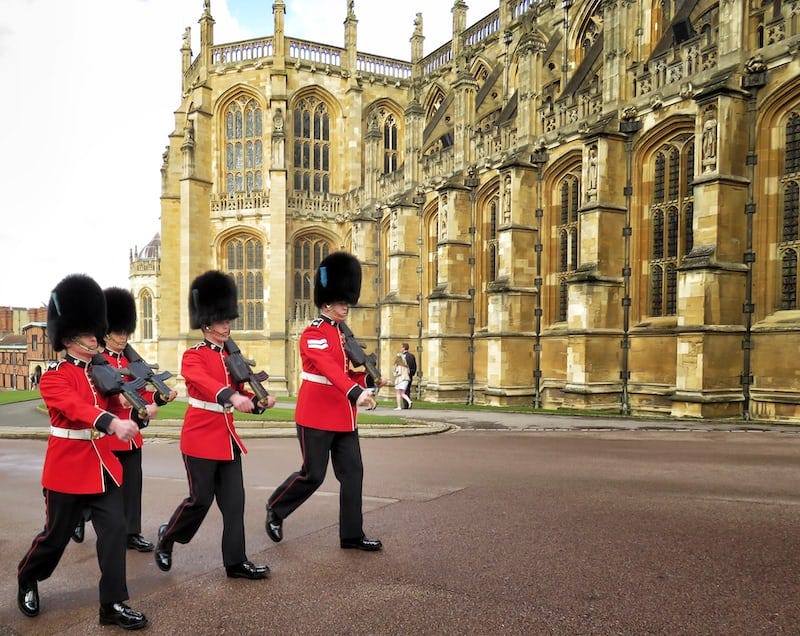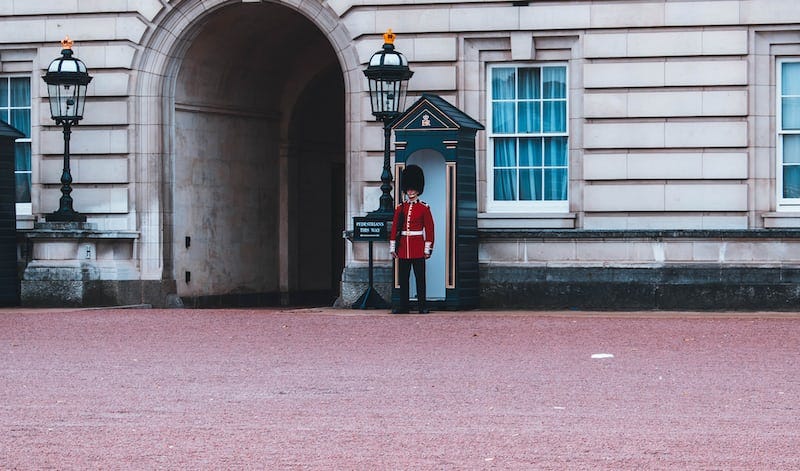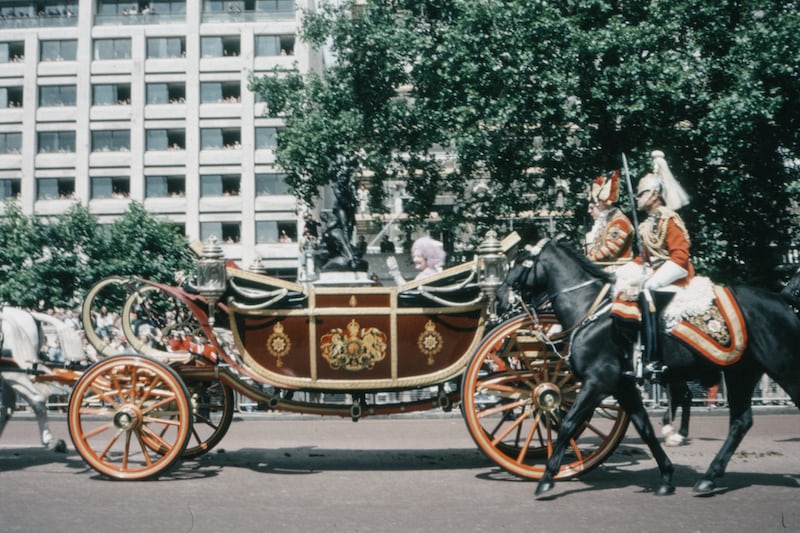The Royal Family has always been of fascination and now with England’s economy in jeopardy due to soaring inflation and a declining pound, this is a fantasy no one wants to live through, even British taxpayers themselves.
Given my frugal minimalist lifestyle and complication with an abundance of streaming giants, I never came across the series, “The Crown” until recently.
Since then, I’ve only been keeping tabs with the Royal Family via the tabloids and in the “Daily Mail”. I thought that was enough drama, suspense, and a juicy storyline in itself but I guess not!
Netflix can make one heck of a show! Sadly advertisements will now most likely ruin the experience. Back to the tabloids!
If curious why I’ve taken a pause from Netflix or TV in general since lockdown, it’s due to the paradox of choice, something the Royal Family surprisingly must deal with as well.
Ironically, when consumers are faced with making too many decisions on TV to the grocery store, we feel less in control and are more likely to avoid it due to the luxury of overwhelming pressure to choose something. This can wreak havoc on sales and plummet customer engagement levels leading businesses to make survival mode decisions such as an ad-tier model.
Subscription fatigue is real folks! We’re all dealing with some sort of problem that some consider being a royal dilemma and others see as absolutely ridiculous.
It’s easy to criticize when you aren’t in the other person’s shoes.
With King Charles III as the UK’s new head of state and of the royal family, also known as the CEO of the British Monarchy, his priorities have already been ‘set in stone’ which include promising a less expensive monarchy, despite soaring inflation at its highest level in decades. Good luck.
In the past few weeks as global markets have shattered due to rampant inflation and economic struggles due to supply chain constraints, energy crisis/price war, and shortage exacerbated by the Russia/Ukraine war, and now with the British pound in peril, there’s a lot to be concerned about these days. Central banks across the globe have engaged in massive unprecedented rate hikes at levels not seen since the early 2000s.
The Fed was one of 10 banks that hiked rates by a combined total of six percentage points last week, and more than a dozen more rate increases are planned through October.
As Bloomberg editor John Authers noted, “This is shifting the tectonic plates beneath the world economy, and threatens dangerous developments in society and in politics as we all try to adapt.”
With global central bank’s extreme efforts to curb inflation, ease the economy and financial conditions, there’s only so much King Charles III and the Royal Family can do without upending their lavish lifestyles, funded by the soaring costs U.K. taxpayers must endure.
As the economic outlook seems to be deteriorating as markets have plummeted in value by an average of ~20% this year alone and the S&P 500 is having its fifth worst start to the year in history while banks are cutting their year-end targets, there’s countless volatility and shakiness on the horizon.
In Europe, bonds along with stocks have plummeted and currencies are getting extremely uneasy, enduring large momentum swings than ever before.

The Pounded Pound
The pound plunged to a record low after Britain released its skeptical budget last week and many economists are now comparing the UK to an emerging market due to its resemblance to extreme market movements and high-priced momentum.
Unlike in the U.S. where the 15% minimum corporate tax rate is currently under review by the Biden administration, the UK’s budget included major tax cuts for higher earners leading to greater rate hikes and scrapped the corporate tax plan altogether. These changes depict how markets are warier than ever before of the British government and concerned if they’ll be able to tame inflation and the current macro/micro headwinds presented.
Since the announcement, markets have been bouncing and investors have sold short-term government securities pushing rates and yields to the brink while the British pound fell more than 2% against the USD to its lowest levels since 1985. The fear of soaring bond rates and lower currency levels are uncommon for major economies such as the UK which have all led to more concern over debt levels and rising inflation recently.

What Does a Budget Drop Entail?
The Bank of England seems to signal here a recession is already in sight and the central bank alongside the Fed are planning on increasing rates to higher levels in the coming months. This is leading King Charles III to focus on bringing down running costs which will take some work on all ends, even with the Royals.
If tax cuts go into effect, the monarchy will need to cut back on spending big time as they cost the government roughly 102 million lbs ($117 million) in 2021.
You may be wondering how all those pounds are spent anyways.
The monarchy earns its profits from swathes of land (crown estate) and generates it from a range of assets including golf courses and wind farms and every year the government pays a percentage of those profits back to the monarchy last year totaling near $99.6m.
In addition to its vast wealth, not including investments, the royal palace received $11.4m from royal palace admissions and rental properties, a slice of income that’s generated yearly.
Although their income sources are heavily and bullet-proof diversified, costs add up big time for the Royals which all eat into British taxpayers’ pockets as well.
Operating costs last year totaled more than $3m which were spent on helicopter trips and the British royal train. $31.7m was spent to employ royal households at the HQ at Buckingham palace and $426m to finance the building. Costs for police protection and Queen Elizabeth’s funeral haven’t yet been determined.
With soaring energy bills in Europe causing angst going into the winter and inflation at its highest point in 40 years, England calls for changes in spending. $117m of taxpayer money works out to be a little more than a $1 from each taxpayer in England paid out to the Royal Family.
Clearly, 2022 and beyond will definitely be a tougher balancing act for the Royal Family as they hopefully work to budget better and work for all of England’s working class.
I’m hopeful they will be able to live up to this promise since for the most part, although it doesn’t seem like it with their groomed estates and Range Rovers, compared to billionaires across the globe, we know the Royal family is trying to be normal and down-to-earth like the rest of us which matters most.
Never judge a book by its cover. Only time will tell whether their mission is truly aligned with real tangible change.

